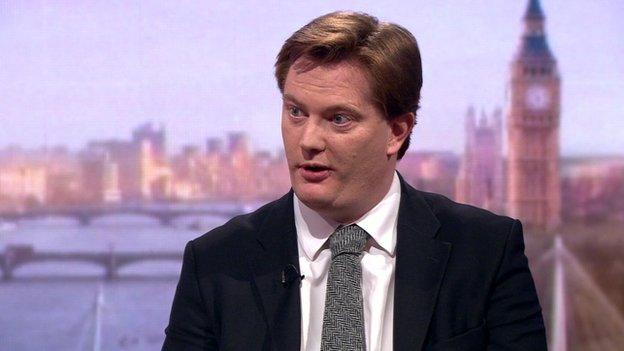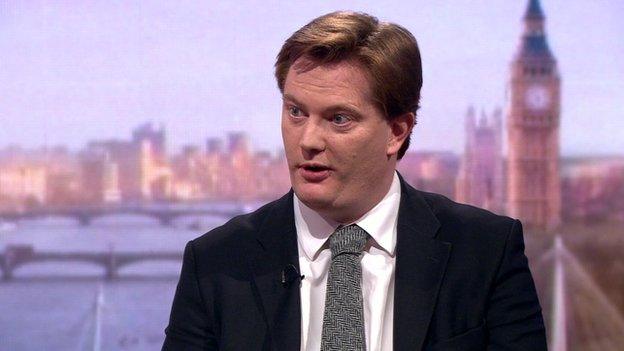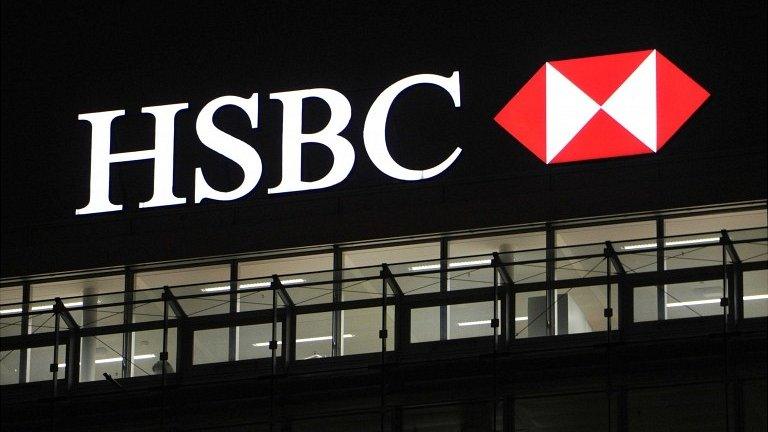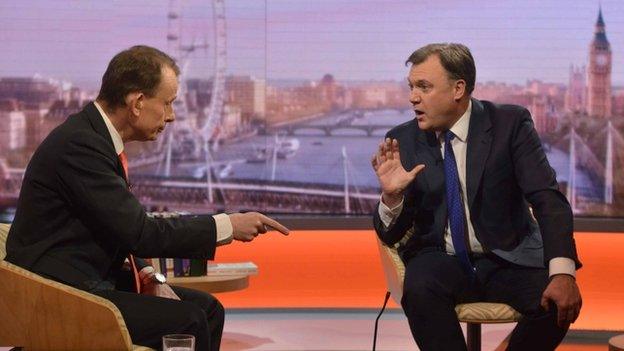UK government announces corporate tax evasion clampdown
- Published

Companies that aid tax evasion will face penalties as part of plans announced by the Chief Secretary to the Treasury, Danny Alexander.
There will be a new criminal offence for firms that aid economic crime.
In addition, tax investigation authorities will no longer have to prove "intent to evade tax" to prosecute offenders.
Mr Alexander called for a corporate tax evasion crackdown in February.
BBC business editor Kamal Ahmed said that "the difficulty of proving intent has been one of the major reasons for tax evasion cases collapsing".
Mr Alexander said: "For too long, our tax system struggled with the fact that a small minority felt it perfectly OK to indulge in tax avoidance and commit the crime of tax evasion.
"The public will not tolerate being stolen from any more."
For offshore evaders there will be a "strict liability" criminal offence, he said.
"Strict liability will bring and end to the defence of 'I knew nothing, it was my accountant, my lord'," he said.
'Accomplices'
The government will also introduce a new offence of corporate failure to prevent tax evasion and of making tax evasion possible.
"No longer should any organisation be able to get away with facilitating or abetting others to evade tax," he said.
Companies which allow their employees to help others evade tax will be treated as accomplices, he added.
Financial penalties for offshore evaders will be increased and linked to underlying assets.
"A billionaire evading £5m of tax won't just be liable for that £5m," he said.
There will also be a new civil offence, so that those who help evaders will have to pay fines that match the amount of tax being dodged.
"If you help someone evade £1m of tax, you risk a penalty of £1m or even more yourself," he said.
Tax authority HMRC will also be given new powers to name and shame offenders, he added.
Labour's shadow chief secretary to the Treasury, Christopher Leslie, said the government had not made it clear how these plans would be put into practice.
"Are these genuinely new powers to tackle tax evasion, or just a series of press releases to give the impression of activity?" he said.
'Prudent to wait'
Professional accountancy body the ICAEW said the public was "rightly concerned about tax evasion", but that the government should wait for relatively recent rules to take effect before bringing in new laws.
"Over the last few years, the government has introduced measures to reduce evasion and aggressive avoidance," said Frank Haskew, head of the ICAEW tax faculty.
"It would be more prudent to see the effect these have first before introducing the raft of new laws that they have proposed," he added.
Tax professional body the Chartered Institute of Taxation (CIOT) said that while tax evasion is a serious crime, the government's proposal that intent to evade tax will not be necessary for a conviction could net innocent people.
"UK and international taxation is a minefield of complexity and, while some taxpayers do actively seek to hide their income by intentionally failing to declare it, there are others who simply make mistakes in their financial affairs without intending to act wrongly," said CIOT tax policy director Patrick Stevens.
"A taxpayer may fall within the ambit of the offence without any intention or knowledge on their part."
- Published19 March 2015
- Published22 February 2015

- Published12 May 2014

- Published18 March 2015

- Published22 February 2015

- Published15 February 2015

- Published12 February 2015